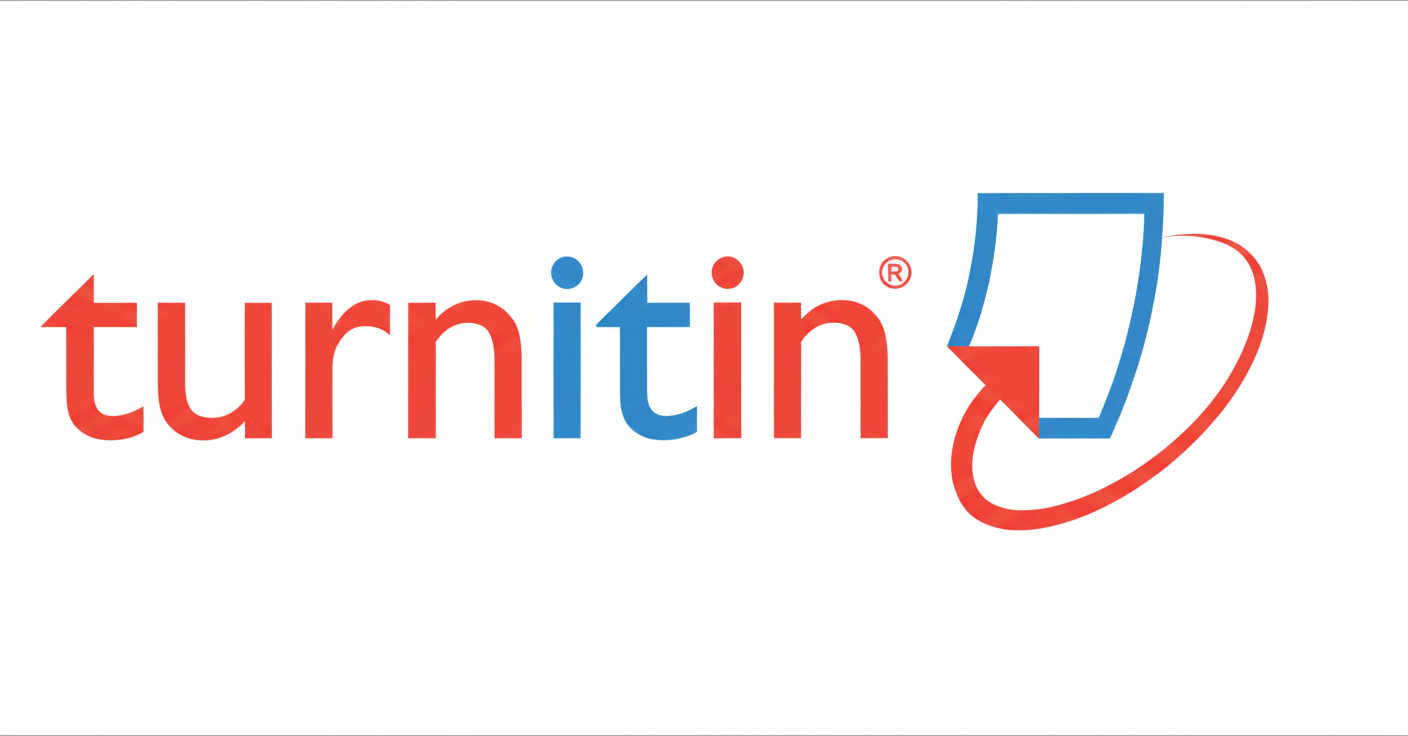OPTIMALISASI SMART ASN DALAM MENDUKUNG TRANSFORMASI BIROKRASI DI ERA DIGITAL DI PROVINSI SULAWESI UTARA
DOI:
https://doi.org/10.33701/jiapd.v16i2.4744Abstract
This study aims to analyze the readiness of ASN in facing the era of digital transformation, which includes mastery of technology and the ability to adapt to changes in the organization and an increasingly collaborative work culture. One interesting aspect raised is the difference in the level of readiness between millennial generation ASN and senior ASN, a topic that has rarely been discussed in previous studies. A deeper study of the gap in technological literacy between ASN generations and its influence on the implementation of the Smart ASN concept is expected to provide new insights to support the development of ASN policies. This study uses a qualitative descriptive method with informant selection through purposive sampling techniques. Informants were selected based on their relevance to the research topic, including millennial ASN (under 40 years old), senior ASN (over 40 years old), echelon officials who lead work units, IT or digital transformation teams, as well as academics and practitioners in the field of public policy and digital transformation. The results of the study indicate that the development of Smart ASN in North Sulawesi Province is a strategic step in strengthening the digital bureaucratic transformation that is being promoted by the central government. As part of the effort to create a more modern and efficient bureaucracy, Smart ASN plays a significant role in supporting the implementation of e-Government, improving the quality of public services, and accelerating administrative processes in various government sectors. The main finding of this study is an integrative approach to bridging the gap in technological literacy between generations of ASN through a collaborative mentoring program between millennial and senior ASN in North Sulawesi Province.






